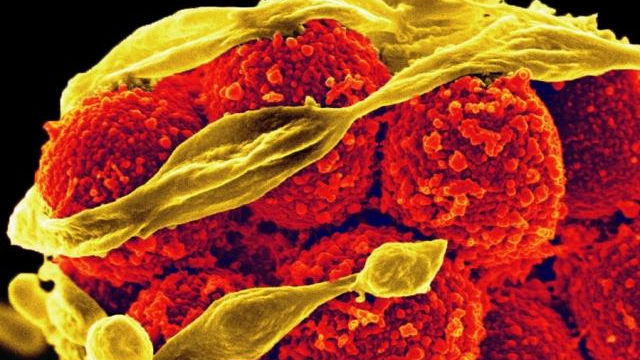Abstracts: Bears and Data, Tackling Superbugs, and More
• Bear-proof trash cans don’t involve complicated technology, but the decision to implement them — as well as what areas to develop or preserve — relies on a lot of tracking and habitat data. (FiveThirtyEight)

• Researchers have warned about the danger of “superbugs” — antibiotic resistant bacteria — for years. Now for the first time ever, world leaders are gathering in New York to discuss the problem. (Washington Post)
• Uber has announced that it will be opening a new facility in Detroit, where work will continue on the company’s self-driving cars. (The Verge)
• A new memoir about a woman suffering from extreme light-sensitivity has received great reviews, but some doctors are puzzled — and skeptical — about her symptoms. (New Yorker)
• Florida health officials have declared that the Wynwood neighborhood of Miami is now free of Zika, but the CDC is still advising pregnant women not to travel there. Now, focus has shifted to battling the disease in Miami Beach. (Associated Press)
• Meta-analyses and systematic reviews are supposed to help researchers see the big picture beyond individual — often conflicting — studies. But a new paper suggests that even these larger studies are vulnerable to bias. (STAT)
• Despite fears, a new study suggests that getting a vasectomy does not increase a man’s chance of getting prostate cancer. (Philadelphia Inquirer)
• And finally, while most DNA from ancient societies has come from northern latitudes, where ice has kept them intact, a new skeleton found in a 2000-year-old shipwreck could allow for a much wider genetic look at the ancient world. (Scientific American)










